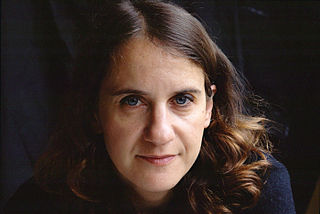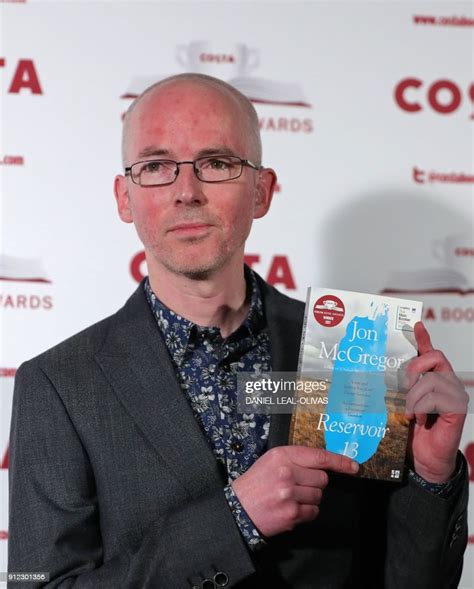A Quote by Jean de la Bruyere
One faithful Friend is enough for a man's self, 'tis much to meet with such an one, yet we can't have too many for the sake of others.
Related Quotes
Now, brethren, this is one of our greatest faults in our Christian lives. We are allowing too many rivals of God. We actually have too many gods. We have too many irons in the fire. We have too much theology that we don't understand. We have too much churchly institutionalism. We have too much religion. Actually, I guess we just have too much of too much.
Prescription for Life-long Happiness: Purpose enough for satisfaction; Work enough for sustenance; Sanity enough to know when to play and rest; Wealth enough for basic needs; Affection enough to like many and love a few; Self-respect enough to love yourself; Charity enough to give to others in need; Courage enough to face difficulties; Creativity enough to solve problems; Humor enough to laugh at will; Hope enough to expect an interesting tomorrow; Gratitude enough to appreciate what you have; Health enough to enjoy life for all its worth.
I learned about forty years ago that money and things wouldn't make people happy. And this has been confirmed many times. I have met many millionaires. They had one thing in common. None of them were happy....I realize that if you don't have enough you won't be happy. Neither are you happy if you have too much. It is those who have enough but not too much who are the happiest.
But a man's best friend is the one who not only wishes him well but wishes it for his own sake (even though nobody will ever know it): and this condition is best fulfilled by his attitude towards himself - and similarly with all the other attributes that go to define a friend. For we have said before that all friendly feelings for others are extensions of a man's feelings for himself.
Man—every man—is an end in himself, not a means to the ends of others; he must live for his own sake, neither sacrificing himself to others nor sacrificing others to himself; he must work for his rational self-interest, with the achievement of his own happiness as the highest moral purpose of his life.






































